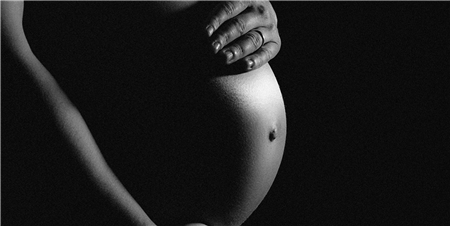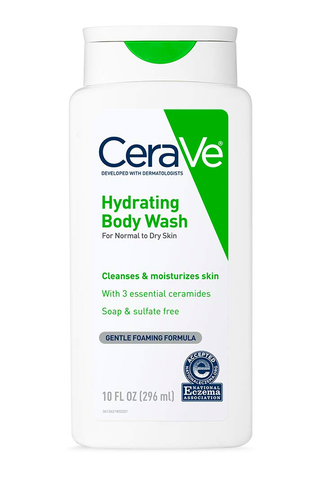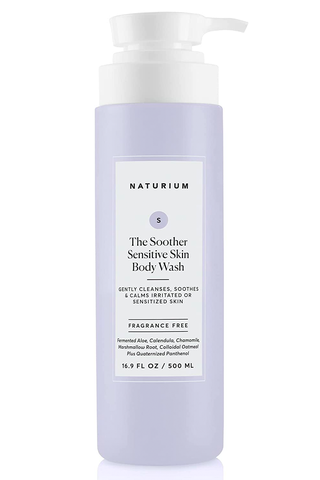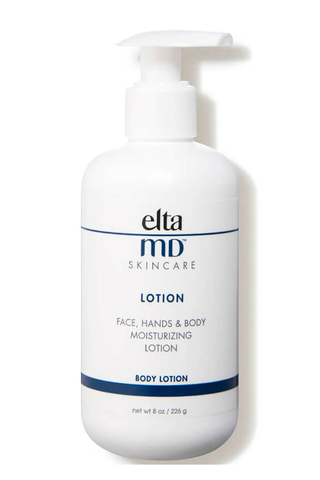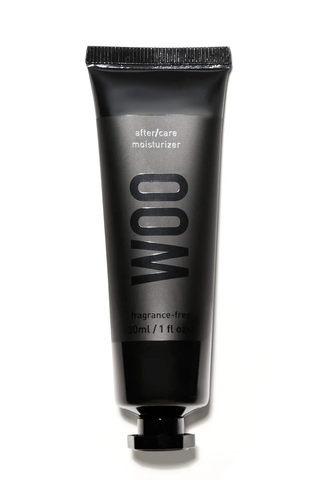If you’re pregnant, you already know there are a lot of rules you’re ~supposed to~ follow, like only drink one cup of coffee a day, don’t drink alcohol, skip hair dye, avoid retinol—and that’s just the start. But what about tattoos? Can you get a tattoo while pregnant? If you’ve ever found yourself combing through the internet for answers, only to end up more confused, I’ve gotchu. I consulted dermatologist Fatima Fahs, MD, and ob-gyns Lauren Demosthenes, MD, and Mary Jane Minkin, MD, for the truth about getting pregnancy tattoos, once and for all.
Can you get a tattoo while pregnant?
There’s no clear-cut answer written in ob-gyn stone somewhere, but experts tend to agree that no, it’s not ideal to get a tattoo while pregnant. “Most dermatology and OB experts advise against getting a tattoo during pregnancy or while breastfeeding,” says Dr. Demosthenes. The main reason why? It’s just too risky. “Pregnancy takes a toll on the body and can decrease the immune system’s full function,” says Dr. Fahs, which means that getting a tattoo while pregnant could pose an “increased risk of infection.” It’s also important to remember that—although rare—getting tattooed puts you at a risk of contracting hepatitis B and HIV (if your practitioner uses unsafe tattooing protocols or sterilization procedures), which is especially not ideal when you’re pregnant.
Aside from the safety risks, there’s also the pain to consider, if this is your first tattoo. The level of pain you’ll feel often depends on the tattoo’s location (ribs, hips, feet, ankles, neck, backs of knees, or insides of elbows tend to be the most painful, especially if the tattoo is large, tattoo artist JoJo Roman previously told Cosmo), but you can expect it to feel like a continual cat scratch or a hot needle scratching across your skin. So if you’re already having a not-so-fun time during your pregnancy, you may not want to add the additional (and risky) pain to your life.
Can getting a tattoo during pregnancy cause a miscarriage?
Both Dr. Demosthenes and Dr. Minkin say there isn’t enough data to show whether or not getting a tattoo increases the risk of miscarrying (which is why you should always consult with your own ob-gyn first). Still, both experts agree that getting a tattoo that results in a miscarriage would be “super rare,” says Dr. Demosthenes, though it could be “reasonable to link the two,” if you were to get a serious infection early in your pregnancy from the tattoo.
Can you get a tattoo in early pregnancy?
To be safe, you should avoid getting a tattoo in early pregnancy too (even a tiny tattoo or fine-line tattoo). Though Dr. Fahs doesn’t recommend risking a tattoo at all during pregnancy, she notes it’s especially important to avoid it during the organogenesis stage (the first 12 weeks when the fetus is forming organs). So just because you don’t have a visible baby bump doesn’t mean it’s safe to get a tattoo.
What should I do if I get a tattoo during pregnancy?
If you do decide to get a tattoo while pregnant—and got it cleared by your ob-gyn!—make sure to tell your tattoo artist that you’re pregnant while making the appointment. Many artists may not feel comfortable with the risks, so you don’t want to show up to an appointment just to be told to leave. And remember to consider the placement of your tattoo: “The area of skin you’re tattooing may change with pregnancy,” say Dr. Fahs, noting that a tattoo on your abdomen or hips will stretch a lot during pregnancy and may not look the same or heal in the same shape once you’ve given birth.
Your tattoo after-care starter pack
If you’ve still gone through with the tattoo, despite these warnings (!), make sure to keep the area as clean as possible afterward to avoid infection. Cleanse the tattoo twice a day with a super-gentle cleanser (i.e., no salicylic or glycolic acid) and always layer on a fragrance-free lotion for tattoos, which will help your tattoo heal faster and also prevent the ink from fading as as quickly.
Though scabbing is normal after you get your tattoo, make sure to avoid: (1) scratching or picking at it (again, the entire goal here is preventing an infection); (2) wearing tight clothing over your tattoo until it’s fully healed; and (3) bodies of water—like oceans, lakes, pools, and bathtubs—for two weeks. Once your tattoo is fully healed, usually after 2-3 weeks, remember to always (always) cover it with an SPF 50 sunscreen for tattoos to prevent the ink from fading or changing colors.
And one last important note: If your tattoo suddenly feels warm, drains pus, or feels inordinately painful and tender, consult your doctor immediately, as these are signs of an infection. Call your ob-gyn and/or head to the ER if you’re pregnant; the sooner you catch the infection, the better.
Can you get an epidural with a tattoo on your lower back?
There are no “official” recommendations to avoid an epidural if you have a tattoo on your lower back, says Dr. Fahs, because there is conflicting data on whether or not ink from a tattoo can be transferred to the spinal cord. “Most of the evidence suggests that it is safe to have an epidural with a back tattoo,” says Dr. Demosthenes, but she notes that “some anesthesiologists will not place an epidural through a tattoo on your back—so it might be best to find out your labor and delivery policy ahead of time.”
Because of the lack of research currently available, anesthesiologists tend to rely on their own clinical judgment when deciding if they “feel comfortable placing a needle for an epidural anesthetic through a tattooed area,” says Dr. Minkin. So if you have a lower back tattoo and want an epidural, make sure to talk to your care team early in pregnancy about any concerns prior to your delivery.
How soon after pregnancy can you get a tattoo?
How soon you can get a tattoo after pregnancy depends on your delivery (i.e., whether or not you had complications, a C-section, a vaginal birth, an extended stay at the hospital, etc.), but Dr. Demosthenes says, “the best thing to do is to plan to get your tattoo after you have finished breastfeeding.” Because there’s always a risk for infection and allergic reaction with tattoos—which could affect breastfeeding— you should wait one to two weeks after you’ve finished.
If you’re not breastfeeding, Dr. Minkin advises waiting at least six weeks after delivery to get your tattoo, which is when the major hormonal changes in the body have typically resolved. However, she notes that “weight changes may be ongoing and skin stretching issues may take a while,” so you may want to wait even longer to prevent your tattoo from getting distorted as your body heals.
Final thoughts
While there are no specific guidelines around getting a tattoo while pregnant, dermatologists, ob-gyns, and tattoo artists don’t recommend it. Wait until you’ve recovered from birth and finished with breastfeeding, when your hormones have stabilized and your body has had a chance to heal. As you and your baby books/apps/text threads have already told you, there’s so much to worry about while you’re pregnant anyways, so let’s not make an infected tattoo one of ‘em, k?
Meet the experts:
Why trust Cosmopolitan?
Beth Gillette is the beauty editor at Cosmopolitan with four years of experience researching, writing, and editing skincare stories that range from under-eye bag treatments to blind pimples. She’s an authority in all skincare categories, but is an expert when it comes to tattoo care, thanks to researching tricks for healing her own tattoos quicker. She regularly tests and analyzes skincare products for efficacy, while working with the industry’s top dermatologists and tattoo artists to assess new formulas and brands.
Source: Read Full Article
